Guest Scientist at the CTH
PD Dr. med. Stefano Barco
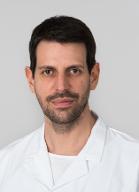
Stefano Barco
Department of Angiology, University Hospital Zurich, Switzerland
Prof. Dr. Rupert Bauersachs
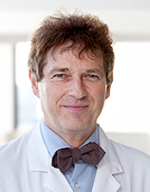
Professor Rupert Bauersachs
CCB Vascular Centre Frankfurt
Rupert Bauersachs is a clinical angiologist and haemostaseologist at the Vascular Centre of the CCB in Frankfurt, which he joined in 2021. From 2003-2021 he was head of the Department of Vascular Medicine at the Klinikum Darmstadt, and from 1999-2003 he was acting director of the Department of Vascular Medicine at Goethe University in Frankfurt. Professor Bauersachs is board certified for Vascular Medicine, Internal Medicine, Haemostaseology, Phlebology and Diabetology. His broad scientific and clinical focus includes the development of new antithrombotic agents for the treatment of thromboembolic disorders, thrombophilia, heparin-induced thrombocytopenia, ischemia and reperfusion. One of his main concerns and interests is the improvement of the care of specific, vulnerable patient groups that are commonly neglected in large clinical trials, for example elderly, frail patients, patients with impaired renal function, patients with cancer or pregnant women. His professorship thus focuses on Vulnerable Individuals and Populations in Thrombosis and Hemostasis (VIP-TH). Professor Bauersachs has conducted the largest prospective trial in pregnant women at increased risk for venous thromboembolism, the EThIG-Study. This study, enrolling more than 800 high-risk pregnant women, showed that a risk-stratified administration of low molecular weight heparin is both safe and effective in pregnancy. With the interdisciplinary infrastructure available at the CTH and the translational research program, detailed analyses and follow-up studies are possible to further improve the management and outcome of pregnant women with venous thromboembolism.
Prof. Dr. Thomas Neusius
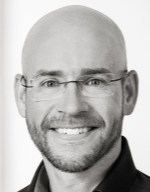
Prof. Dr. Thomas Neusius
Wiesbaden Business School (WBS)
Prof. Dr. Stepan Gambaryan
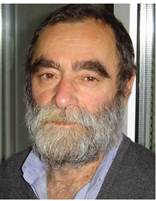
PhD Stepan Gambaryan
Dr. Stepan Gambaryan is currently Professor of Cytology and Histology, Biological faculty, of S. Petersburg State University (Russia) and Scientist at the Sechenov Institute of Evolutionary Physiology and Biochemistry, Russian Academy of Sciences, S. Petersburg, Russia. Previously, he worked for 20 years with Dr. Suzanne Lohmann and Professor Ulrich Walter as invited research scientist of the SFB 355 “Heart failure” (1993-2014) and SFB688 “Cardiovascular cell-cell interactions” (2006-2013) at the Institute of Clinical Biochemistry and Pathobiochemistry, University of Wurzburg, Germany. His main areas of research are the mechanisms of action of NO, cGMP, cAMP and their interactions with other intracellular pathways in cardiovascular cells. He has published more than 100 articles in this area. As Guest Scientist in Mainz since September 2015, Dr. Gambaryan joined the team of PD Dr. Kerstin Jurk and Prof. Ulrich Walter to study the interaction of platelet stimulatory and inhibitory pathways at the level of phosphoproteomics. In particular, the interaction of important platelet adhesion receptors and cAMP/cGMP signaling will be studied.
Prof. Dr. Thomas Renné
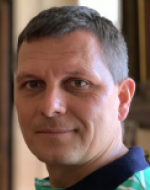
Thomas Renné
University Medical Center Hamburg (UKE)
Prof. Dr. Hugo ten Cate
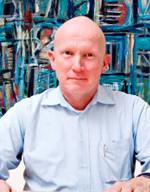
Professor Hugo ten Cate, MD
Cardiovascular Research Institute Maastricht (CARIM)